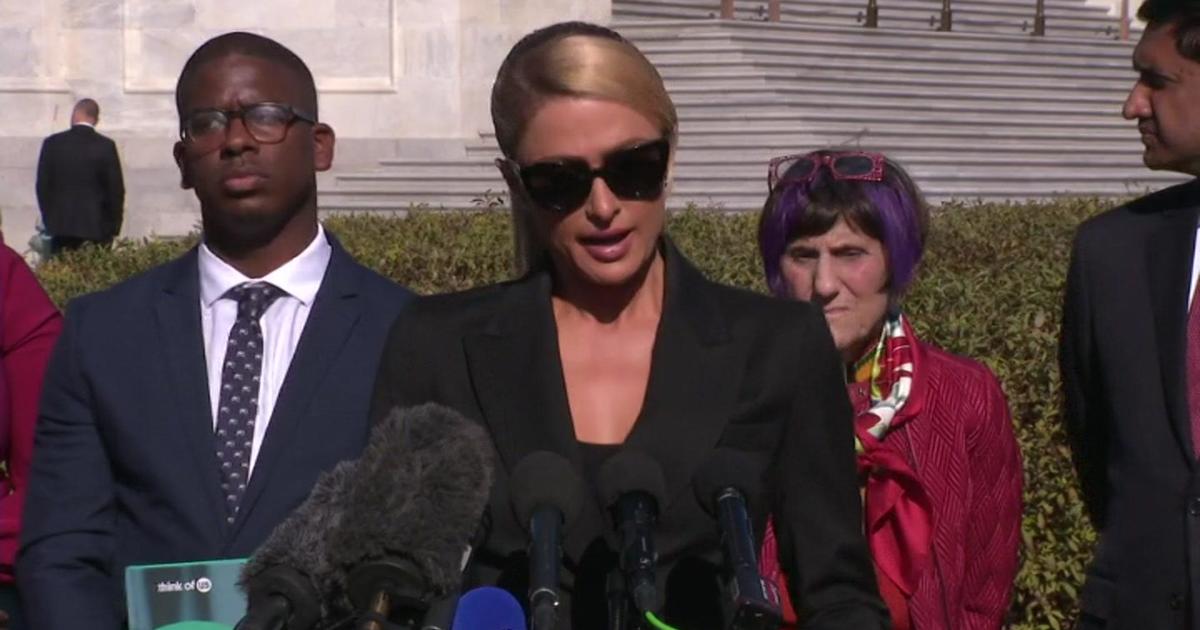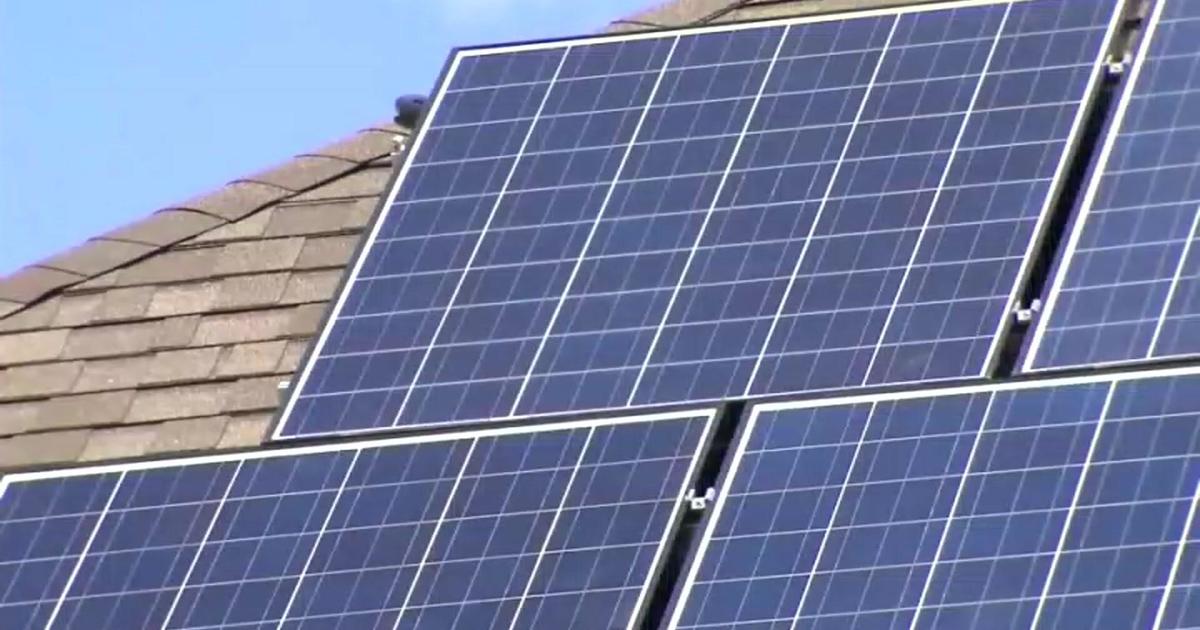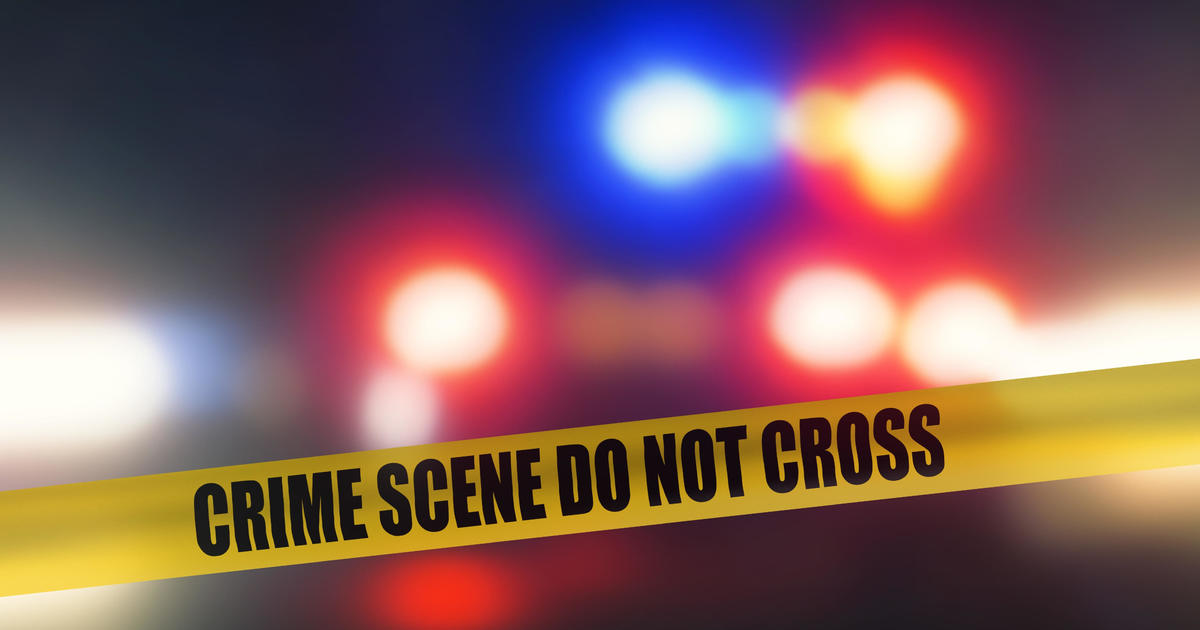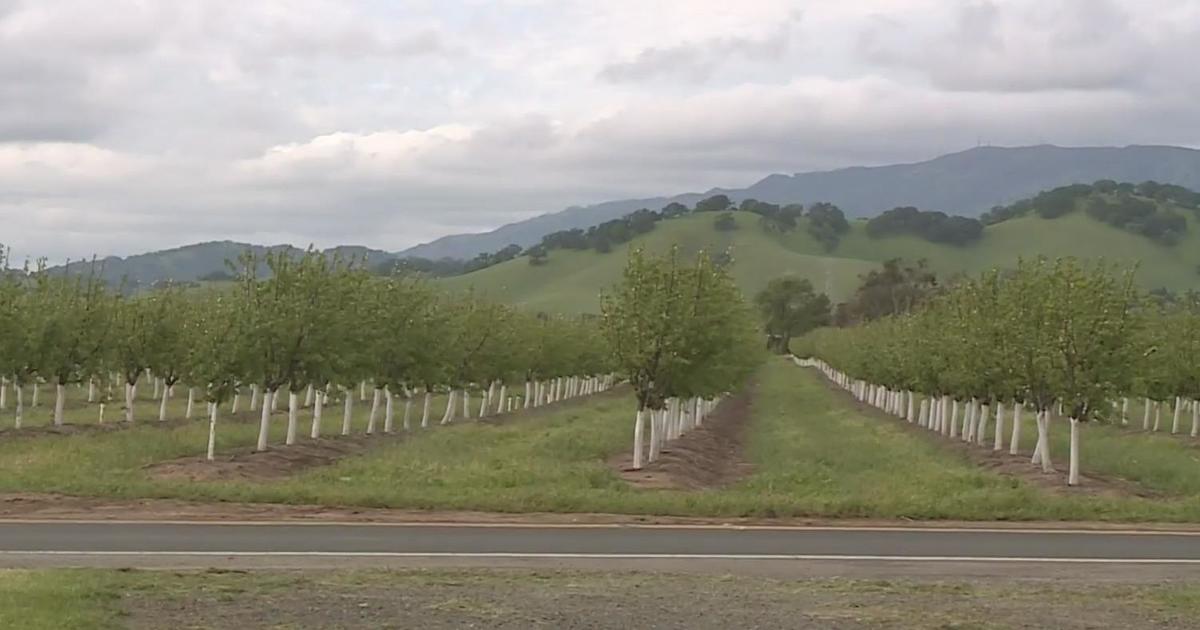AP: Nearly $10 Million In Charitable Donations By California Taxpayers Never Spent
SACRAMENTO, Calif. (AP) - The chairman of California's Senate Governance and Finance committee said Thursday that he will ask committee staff to review all state accounts that handle charitable tax contributions to find out if there is unspent money languishing in them, in response to a report by The Associated Press.
The AP found that nearly $10 million in charitable donations by California taxpayers sat unspent in government accounts at the end of last year. Some of the funds never reach the intended charities and go back into state coffers after taxpayers check a box on their taxes to contribute, as good intentions meet a lengthy bureaucratic maze.
AT A GLANCE: Military, Cancer Donations Among Those Lost In California Bureaucratic Maze
"This is just embarrassing. It's unacceptable. People expect their money to be spent for these important purposes and these delays, you know, they're not explainable to me," said Sen. Bob Hertzberg, D-Van Nuys. "So I just learned about it, but I'm going to jump on it."
Hertzberg said he wants to know why any remaining money has not been distributed and would hold a hearing as soon as is practical to investigate.
"Taxpayers expect that when they check off the box that their money is immediately going to these charities they intended," Hertzberg said in an interview.
California has the nation's largest voluntary tax contribution program, with 36 funds included on forms in the last decade. Tax returns are a prime opportunity to raise money from people expecting refunds. Lawmakers like the voluntary donations because they can say they helped good causes without committing state dollars but they have left distribution up to state agencies that sometimes don't know what to do.
The AP reviewed a decade of financial records for 29 funds that collected a total of $35 million since 2005; almost $10 million remained at the end of fiscal 2014. In some cases, the donations have ended up back in state coffers. Records show that $278,000 raised for asthma and lung disease research reverted to the state treasury because neither the Legislature nor the distributing agency put them to use. The state Department of Education says $88,000 meant for disadvantaged youth will go back to state coffers because there wasn't enough funding for the proposed program.
Funds going to existing programs or those that have the active support of state agencies are the most successful, such as spay-neuter grants distributed by the Department of Food and Agriculture and senior center funding from the Department of Aging.
But in a dozen of the funds, state agencies tapped less than half the contributions available.
Health agencies never used funding for a colorectal cancer prevention program, promoted by Erin Stennis, a Culver City woman who lost her husband to colon cancer in 2003. In 2005, Gov. Arnold Schwarzenegger signed legislation sponsored by Stennis' family foundation creating a tax checkoff fund that raised $237,000 for colorectal cancer screenings, with a focus on African-Americans who are disproportionately killed by the disease.
Not a single dime has been spent on cancer prevention.
The fund fell through the cracks with a 2007 reorganization of state health agencies. The California Department of Public Health and Department of Health Care Services say they never received authority to spend the money. Stennis recalls her foundation also hit a wall of bureaucracy.
"It's a missed opportunity to affect change in my community," Stennis said.
The unspent money is more than double the amount the California Colorectal Cancer Coalition has distributed to clinics in the last three years and enough to pay for more than 200 colonoscopies.
Voluntary income tax contributions are available in dozens of states, and California isn't the first to encounter problems.
New York's top financial officer found donations languishing in its tax checkoff funds and concluded that donations shouldn't be accumulating in state bank accounts. Comptroller Thomas DiNapoli successfully pushed the Legislature to increase reporting requirements. Some New York laws establishing such funds require money to be spent immediately, but California has no such provisions.
Doug White, a fundraising management expert at Columbia University, said the state should select one agency or foundation to oversee spending of the charitable donations.
"They are not in the business of charity. The government has its own issues," White said.
There are no formal rules about which charities can be selected for a prized spot on tax forms; organizations such as police and fire memorial foundations benefit from the current system. Sen. Lois Wolk, D-Davis, carried a bill last year seeking to have one agency oversee distribution and require more rigorous reporting from charities.
"There's not much oversight over the applicants for these checkoffs," Wolk said. "There's no application process. You just get a member to carry a bill. They all get approved."
But she said charities that benefit from the current system lobbied hard against her bill and it stalled.
Even charities that eventually got their money described a frustrating bureaucratic ordeal.
Taxpayers donated $140,000 since 2013 to the California YMCA Youth and Government program, which brings teenagers to an annual Sacramento summit to learn about government. But executive director Debbie Gabelich said the organization inquired weekly about the funding for seven months before it received its first check in May, forcing the group to take out a line of credit in the meantime.
The Department of Education, which was in charge of distributing the funds, said it incorrectly estimated donations and couldn't quickly write a check under government spending rules.
___
Associated Press writer Don Thompson and correspondent Juliet Williams contributed to this report.
Copyright 2015 The Associated Press.



